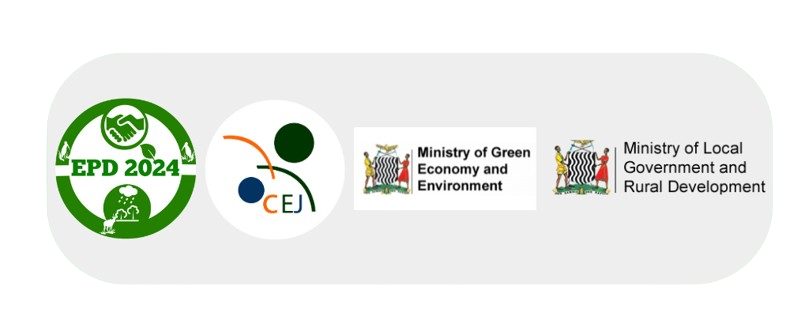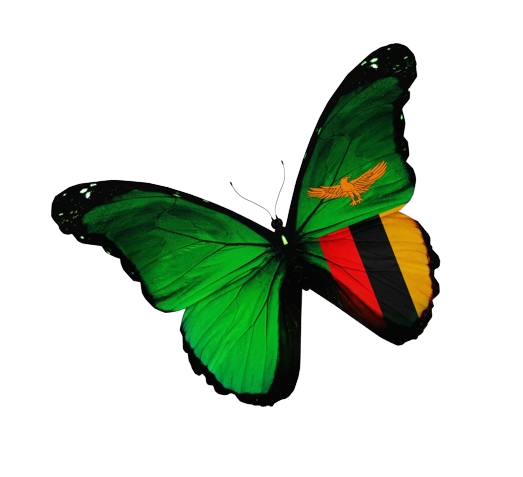Topic: Mineral security systems for Africa
Background
The clean energy transition will require significant amounts of critical minerals which are not only vital to the manufacturing of clean energy technologies (e.g., solar panels, wind turbines, electric vehicles, battery storage, hydrogen electrolysers and fuel cells), but they are also essential in several applications of the defence, ICT, pharmaceutical industries and they are crucial for achieving economy-wide decarbonisation objectives (e.g., in the transport and industrial sectors).
At present, production and processing of green transition minerals is geographically concentred, leading to growing concerns around security and resilience of critical minerals supply chains. To mitigate risks of supply chain disruptions the Global North is taking steps to incentivise onshoring and ‘friend shoring’ of critical minerals supply chains, as well as managing demand through recycling and investing in research and development to find less mineral intensive technologies.
It is crucial to ensure that the global shift to clean technologies does not come at the detriment of African communities, potentially bearing the brunt of corruption, pollution, and environmental damage if sound policies and robust institutions are not in place. Additional challenges stem from the fact that substantial reserves of critical minerals are increasingly found in hotspots for biodiversity, fragility, and conflict, as well as lands traditionally belonging to indigenous peoples.
Panellists will share approaches of the regional groupings to mineral security and the regional regulatory frameworks in place (if any) for mining of critical minerals for purposes of learning and possible adoption. The discussion will highlight environmental, social and governance issues as well as those pertaining to environmental justice and explore how these should be considered in the clean energy transition.
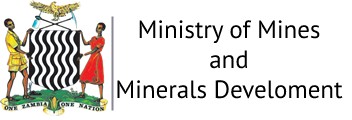
Ministry of Mines and Mineral Development
Website: https://www.mmmd.gov.zm/
The Ministry of Mines and Mineral Development (MMMD) is responsible for the development and management of mineral resources in a sustainable manner for the benefit of the people of Zambia. It is responsible for enacting legislations for the mining sector in Zambia and its mission. The MMMD is responsible for mining and non-mining rights administration, and implementation of the provisions of the regulatory framework that governs exploration and exploitation of mineral resources. While promoting growth of the sector to contribute to the economic wealth of the country, MMMD ensures that sector operations adhere to acceptable safety, health and environmental standards for sustainable management and growth of the sector. The sector is administered by the Geological Survey Department, the Mines Development Department, the Mining Cadastre Department and the Mines safety Department while administrative matters are overseen by the Permanent Secretary.
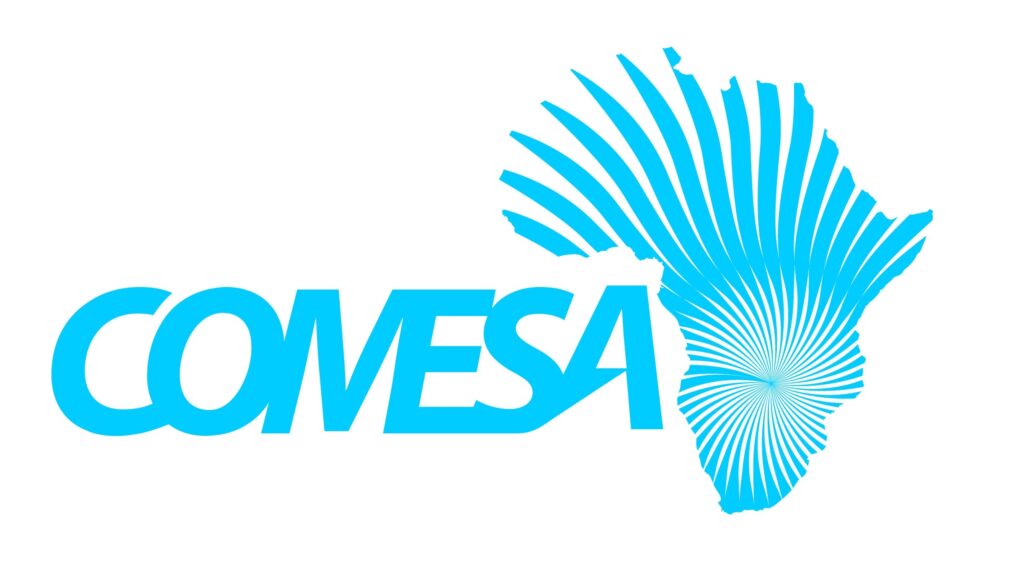
COMESA
Website: https://www.comesa.int/
The Common Market for Eastern and Southern Africa (COMESA) comprises 21 African Member States that came together with the aim of promoting regional integration through trade and the development of natural and human resources for the mutual benefit of all people in the region.
COMESA was initially established in 1981 as the Preferential Trade Area for Eastern and Southern Africa (PTA), within the framework of the Organization of African Unity’s (OAU) Lagos Plan of Action and the Final Act of Lagos. The PTA transformed into COMESA in 1994. The PTA was established to take advantage of a larger market size, to share the region’s common heritage and destiny and to allow for greater social and economic co-operation. COMESA is one of the eight Regional Economic Communities (RECs) recognized by the African Union.
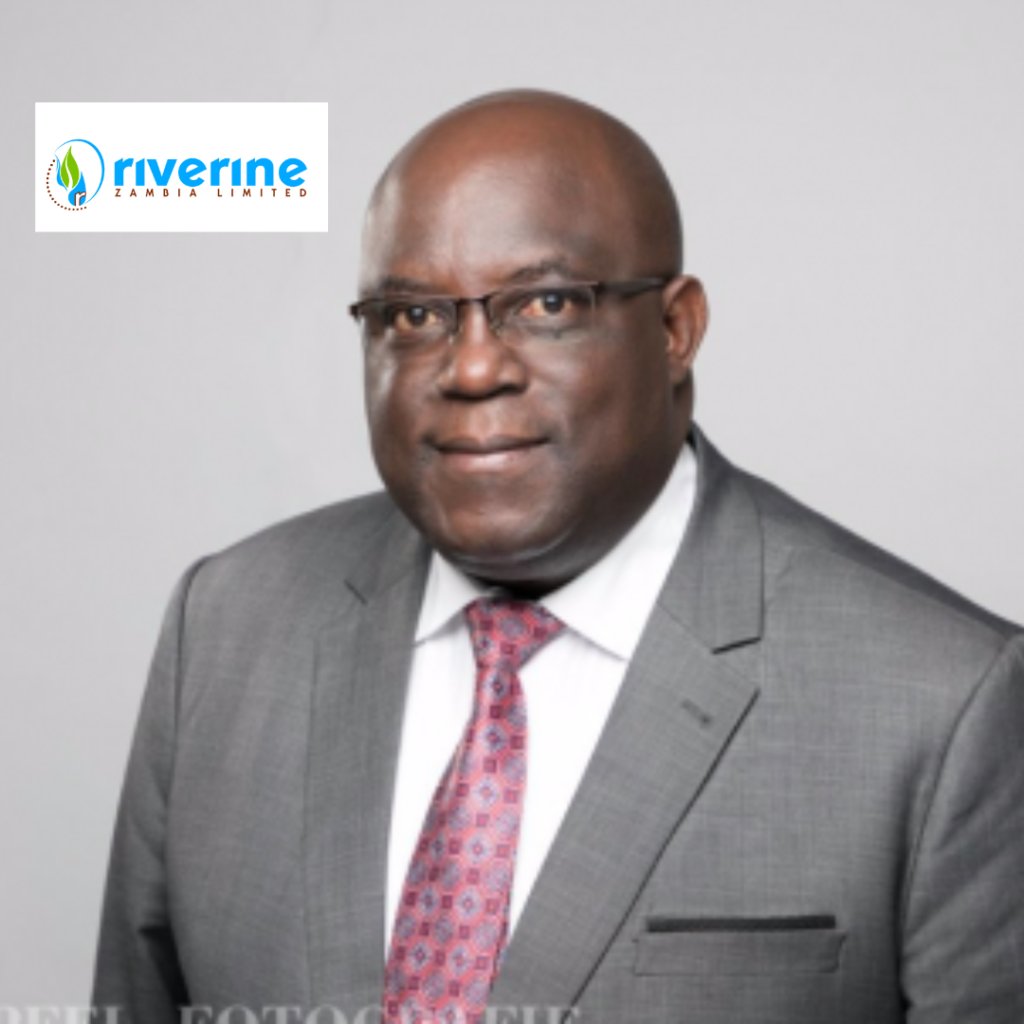
Riverine Zambia Limited
Speaker: Mr. Reuben Lifuka
Mr. Reuben Lifuka is a Chartered Environmentalist and a Zambian based Environmental and Development Consultant with more than 20 years working experience. He is an experienced Environmental and Social Impact Assessment practitioner and have in the last 18 years worked on consultancy assignments related to mining, urban development, tourism, municipal waste management among others. He has equally worked on many consultancies aimed at fostering improvements in waste management systems, environmental governance strategic planning and program evaluation. Currently, a Managing Partner and Environmental Consultant with Riverine Zambia Limited- which is an Environmental consultancy. He is also a Director and shareholder at Dialogue Africa – a management consultancy, whose main focus of the is Organisational Development and Governance and it offers professional services in the area of programme design and evaluation, organisational capacity assessment and strategic planning among others.
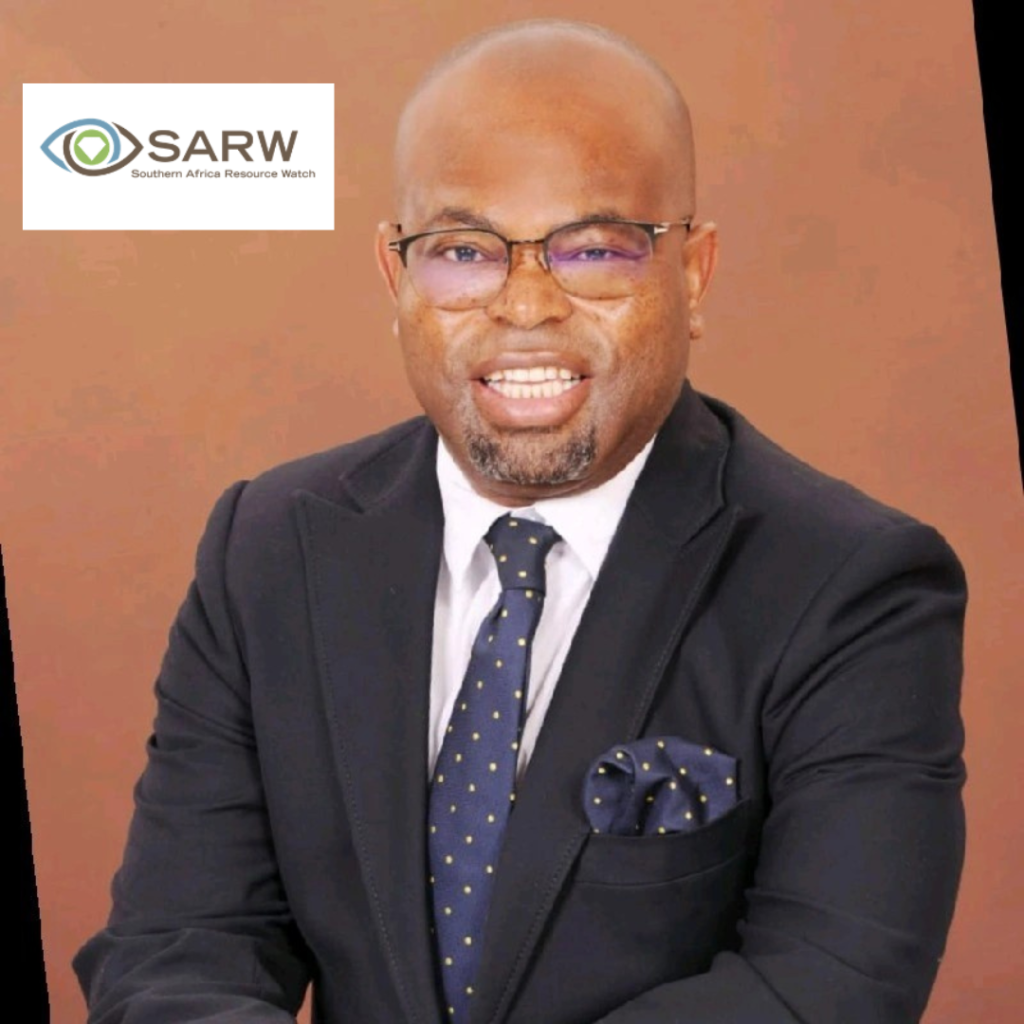
Southern Africa Resource Watch (SARW)
Speaker: Dr Claude Kabemba, Executive Director
Dr C. Kabemba is the Executive Director of the Southern Africa Resource Watch (SARW), he leads a team of dedicated professionals who work to ensure that the natural resources of the continent are managed in a transparent, accountable, and equitable manner. He has over 26 years of experience in research, policy and advocacy on democratic governance, international politics, natural resource governance, ESGs and development in Africa. He holds a PhD in International Relations from the University of the Witwatersrand, where he also obtained his master’s and bachelor’s degrees. He edited a couple of books, published book chapters and articles on the topics of democratization, African state, election politics, social policies and natural resource governance drawing on his field experience in Southern and Central Africa. His passionate about advancing the rights and interests of the communities affected by the exploitation of natural resources and climate change and fostering dialogue and cooperation among various stakeholders.
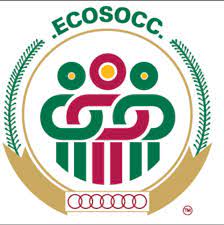
Economic, Social & Cultural Council (ECOSOCC)
Website: https://www.ecosocc.au.int/
The Economic, Social and Cultural Council (ECOSOCC) was established in July 2004 as an Advisory Organ composed of different social and professional groups of AU Member States. The mandate of ECOSOCC is to contribute, through advice, to the effective translation of the objectives, principles and policies of the African Union into concrete programmes, as well as the evaluation of these programmes

Publish What You Pay(PWYP)
Website: https://pwyp.org/
Speaker: Mr. Nsama Chikwanka, National Coordinator
Publish What You Pay (PWYP) is an international coalition of more than 800 civil society organizations calling for transparency and accountability in the extractive sector. Launched in 2002 in response to instances of corruption and mismanagement, PWYP ultimately seeks to facilitate an environment in which oil, gas and mining revenues are used to improve the lives of women, men and youth in resource-rich countries.
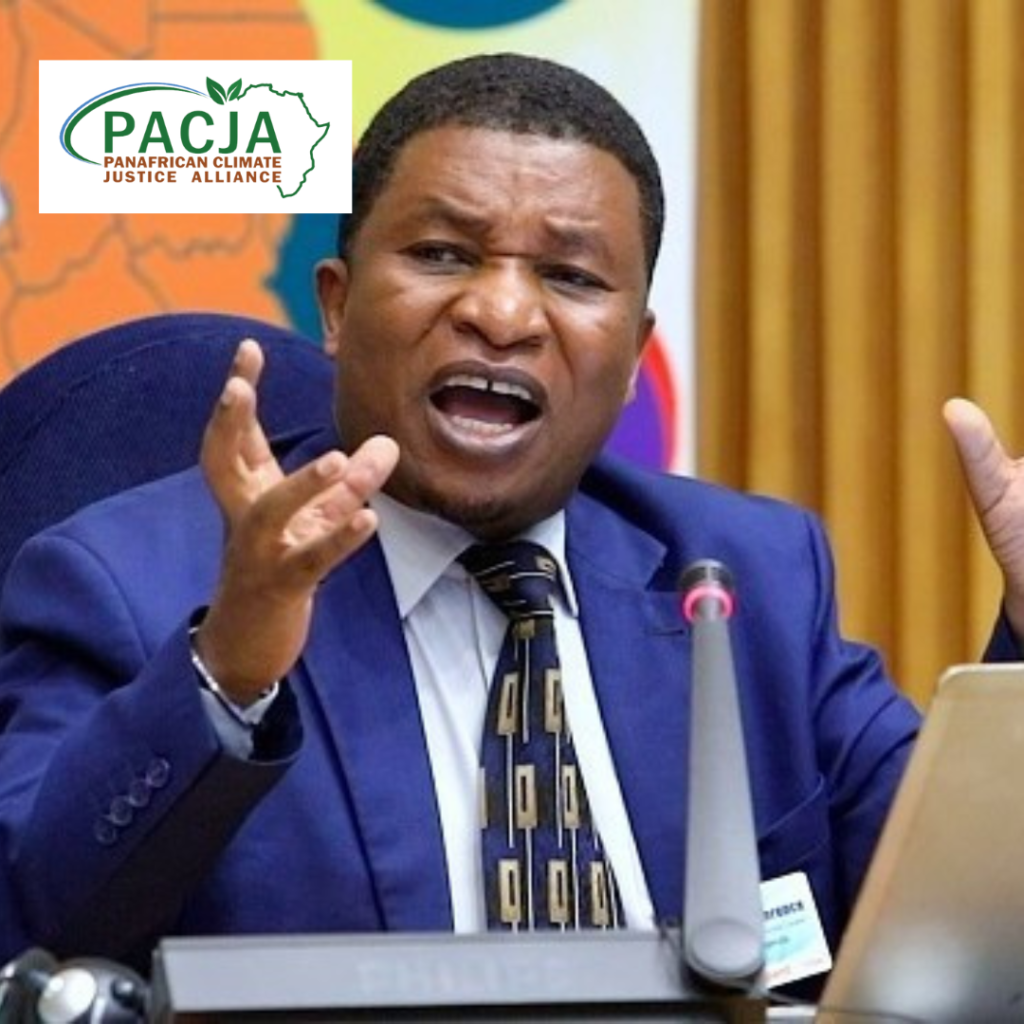
Pan-African Climate Justice (PACJA)
Website: https://pacja.org/
Speaker: Dr. Mithika Mweenda, Executive Director
Joseph Mithika Mwenda is the Kenyan-born co-founder and Executive Director of the African climate change activism organisation Pan African Climate Justice Alliance (PACJA). He has been a climate advocate for over 10 years. Mwenda represents civil society in the steering committee of Africa’s flagship climate policy and practice coordination platform, ClimDev-Africa, spearheaded by the African Union Commission, African Development Bank and UN Economic Commission for Africa (UNECA). Mwenda has advocated for accelerated implementation of the Paris Agreement, and has made that a focus at PACJA. He also helped establish the African Coalition for Sustainable Energy and Access (ACSEA), to promote the shift to renewable energy, and to ensure the African Renewable Energy Initiative delivers clean energy to poor communities. Under the African Climate Legislation Initiative, PACJA works with Pan African Parliament and other parliamentary institutions to drive climate laws to make climate change prevention part of national development policy.
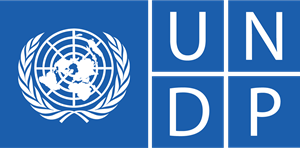
Moderator: United Nations Development Programme
Website: https://www.undp.org/zambia
UNDP works in about 170 countries and territories, helping to eradicate poverty, reduce inequalities and exclusion, and build resilience so countries can sustain progress. As the UN’s development agency, UNDP plays a critical role in helping countries achieve the Sustainable Development Goals.
